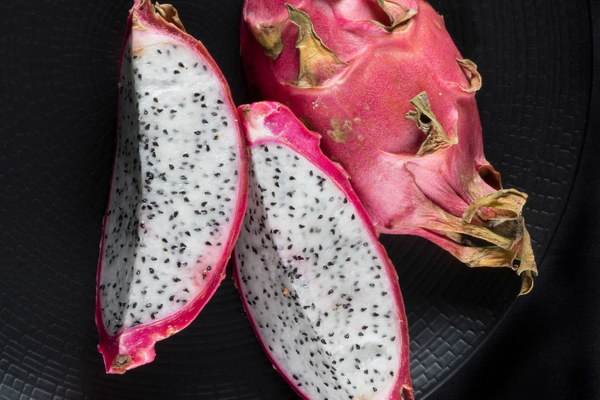Nurturing Liver Health A Comprehensive Guide to Liver Care
The liver, often referred to as the body's lab, plays a crucial role in maintaining overall health and well-being. It is responsible for filtering toxins, metabolizing nutrients, and producing bile, among other essential functions. Unfortunately, due to poor diet, lack of exercise, and excessive alcohol consumption, the liver can become overwhelmed and damaged. To ensure your liver remains in tip-top condition, it's essential to adopt a liver-healthy lifestyle. In this article, we will explore the concept of nurturing liver health and provide practical tips on how to achieve this goal.
First and foremost, understanding the importance of the liver is the first step in nurturing its health. The liver performs numerous functions, including:
1. Filtering blood: The liver filters toxins and impurities from the bloodstream, ensuring that clean, filtered blood circulates throughout the body.

2. Metabolizing nutrients: The liver plays a vital role in converting food into energy and storing excess nutrients for future use.
3. Producing bile: Bile helps in the digestion and absorption of fats and fat-soluble vitamins.
4. Regulating blood clotting: The liver produces clotting factors, which help prevent excessive bleeding.
5. Detoxification: The liver breaks down harmful substances, such as alcohol and drugs, into less harmful compounds.
Now that we understand the importance of the liver, let's delve into the concept of nurturing liver health and how you can achieve it.
1. Eat a balanced diet: A liver-healthy diet should include a variety of fruits, vegetables, whole grains, lean proteins, and healthy fats. Here are some tips:
- Consume plenty of antioxidants: Fruits like berries, apples, and citrus fruits, as well as vegetables like spinach and carrots, are rich in antioxidants that help protect the liver from damage.
- Incorporate fiber-rich foods: Fiber helps reduce cholesterol levels and supports healthy digestion, which is essential for liver function. Foods like oatmeal, beans, and whole grains are great choices.
- Choose healthy fats: Monounsaturated and polyunsaturated fats, found in foods like avocados, nuts, and seeds, can help lower the risk of liver disease.
- Limit processed and high-fat foods: These foods can increase the risk of obesity, which is a major risk factor for liver disease.
2. Stay hydrated: Drinking plenty of water helps flush out toxins from the liver and keeps the body functioning optimally.
3. Exercise regularly: Regular physical activity can help maintain a healthy weight, reduce the risk of obesity, and improve overall liver function. Aim for at least 30 minutes of moderate-intensity exercise most days of the week.
4. Avoid excessive alcohol consumption: Alcohol is a significant risk factor for liver disease. Limit your alcohol intake or avoid it altogether to protect your liver.
5. Manage stress: Chronic stress can weaken the immune system and increase the risk of liver disease. Practice stress-reducing techniques, such as meditation, yoga, or deep breathing exercises.
6. Get regular check-ups: Regular health screenings can help detect liver disease early, when it is more treatable. If you have risk factors for liver disease, such as obesity, diabetes, or a family history of liver disease, talk to your doctor about getting tested.
In conclusion, nurturing liver health is essential for maintaining overall well-being. By adopting a liver-healthy lifestyle, you can reduce your risk of liver disease and ensure that your liver remains strong and resilient. Remember, a healthy liver is a happy liver!









